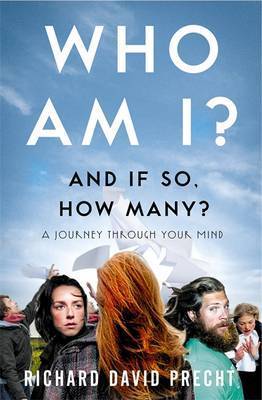What do you think?
Rate this book


320 pages, Paperback
First published September 17, 2007
"Vậy thì quyền tự quyết của con người có giới hạn và ở khắp những nơi có hệ quả (phỏng đoán là) bức xúc và phi nhân đạo cho xã hội."
"Và liệu chúng ta có thể vui vẻ được không, nếu mỗi năm có đến bảy triệu người trên hành tinh chết đói chỉ vì hàng ngày họ không được ăn, chỉ để gìn giữ tài nguyên thiên nhiên, như những cánh rừng nhiệt đới chẳng hạn?"